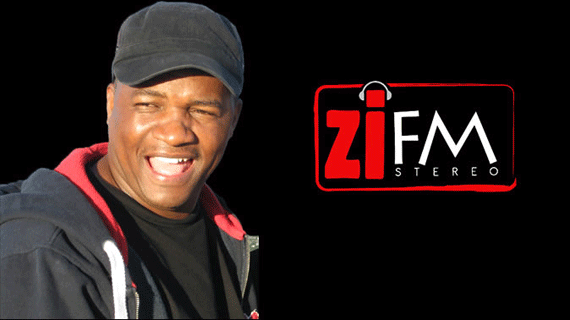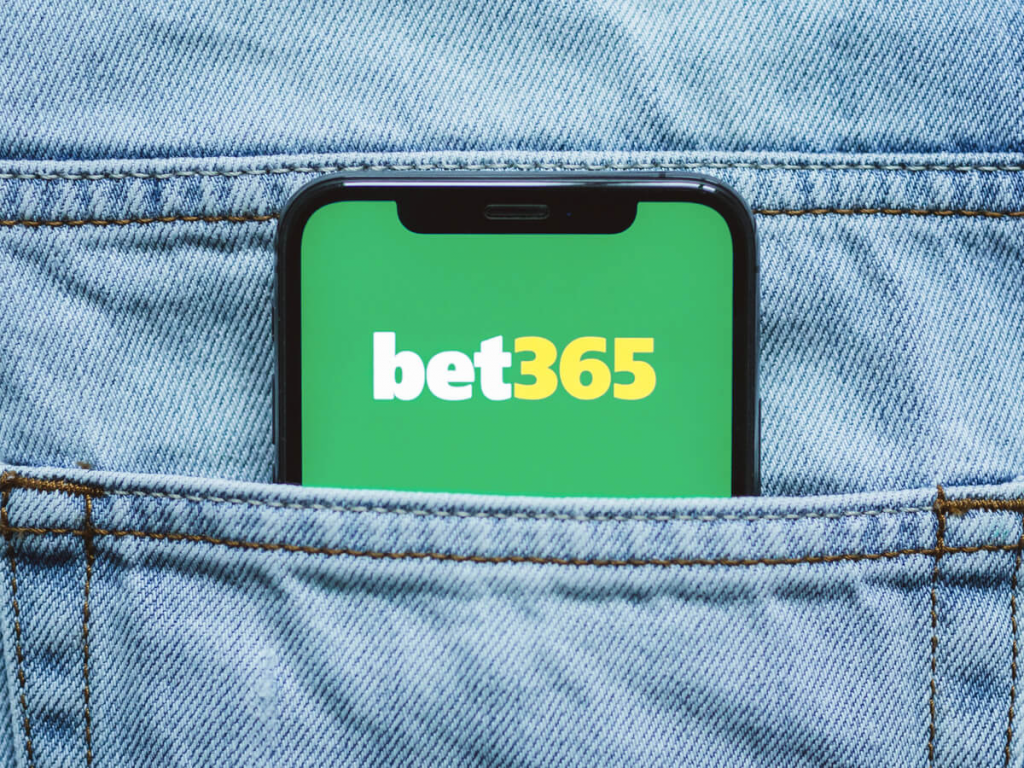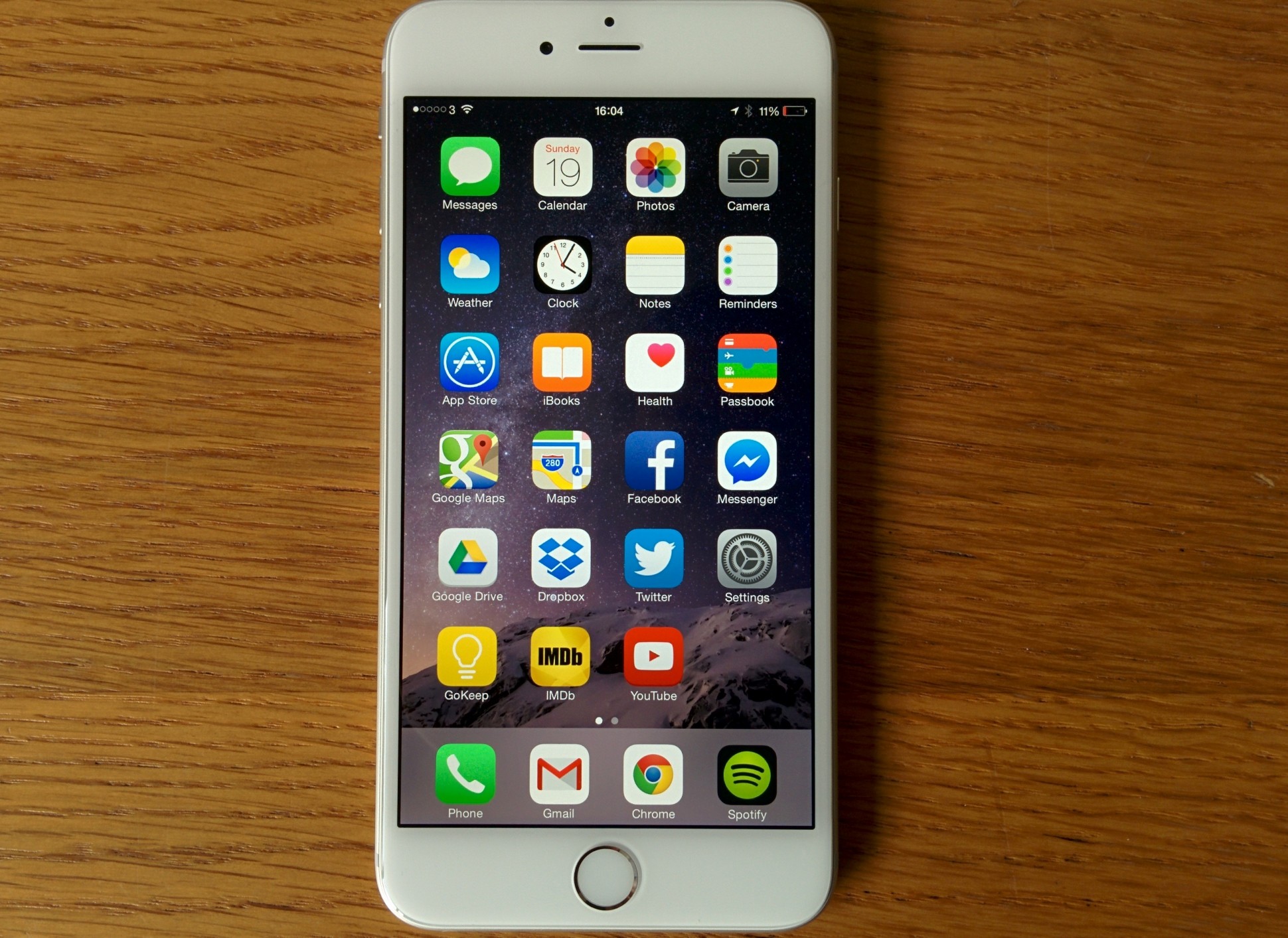
ZIFM stereo presenter Gibson Ncube will tomorrow celebrate a year with the station.
BATANAI MUTASA OWN CORRESPONDENT
The radio presenter-cum-club DJ told Woza Weekend about his inherent desire to promote music from Bulawayo.

Ncube narrated his exploits with ZIFM which started when he was given a slot to host a show called “The Zi Saturday Zone: Yo link to the City of Kings & Queens”.
“The idea was to take local content to the nation because I had listened to all the radio stations in the country and realised that there was not much Bulawayo content. After I pitched my idea, the support from ZIFM was unbelievable, especially from Susan Makore, Dirk Viljoen, Pamela Gwanzura, Tonderai Katsande and the whole family,” Sibanda said.

He later introduced the Bulawayo Top-10 chart which was then transformed to My City Rocks that compared music from different cities, amid protests from some Bulawayo artistes that the new show included music from other places and reduced the percentage of music from the city receiving airplay.
Some people criticised his show calling it a special case scenario where he was treating musicians from his home city with kid gloves and not exposing them to the real world.
However, Ncube set the record straight and advised local artists on how to gain airplay.
- Chamisa under fire over US$120K donation
- Mavhunga puts DeMbare into Chibuku quarterfinals
- Pension funds bet on Cabora Bassa oilfields
- Councils defy govt fire tender directive
Keep Reading
“To date, I have introduced over 100 upcoming Bulawayo artistes and 250 songs through the programmes I have worked on during the year. I have taken it upon myself to listen to all music sent to me and review it giving advice on how to improve it to meet radio standards, but very few have returned with better products,” Ncube said.
“In life as you conduct your business, there will always be people against the vision you have and as long as I achieve my goals, I am satisfied.

“The problem with Bulawayo artistes is that they believe that I owe them something or the station owes them something and whatever they send in should be played on radio, but we work according to standards and once their music fails to meet those standards I will not accommodate it on air,” he added.
Ncube bemoaned sound, content and production of music by Bulawayo artistes labelling them “cry-artists” who did not want to move out of their comfort zones.
“In as much as I try very hard to promote the people, it becomes very difficult because the artistes cannot even conduct themselves professionally or think outside the box. They will sing music which is understood only by their friends.
“Unfortunately the music becomes limited in terms of penetration and they blame lack of airplay but who will play music which does not increase ratings, because remember radio is a business,” he said.
The radio personality blasted local artistes saying Harare musicians had perfected the art of marketing and positioning themselves to appeal to all people across language and geographical boundaries and that was the reason he had introduced My City Rocks to include all people.
“Take artists like Sulu, Tuku and Jah Prayzah against Jeys Marabini, Albert and Sandra, looking at their latest songs and asking yourself which group is likely to get more airplay and which groups’ songs do people associate with more?
“Why is it that shows featuring musicians from Bulawayo attract small crowds while the same venues are filled by artistes from Harare? Truthfully speaking I think as a city, we should define our own music and perfect it and not try to sing like South Africans or Americans who will then become our benchmark.
“Art is very powerful and once you produce a good thing, people will appreciate it and that is the reason we have so many people from Matabeleland working in these radio stations and they would not sideline their own,” Ncube said.
He said artistes such as Mbo Mahocs and House Rebels had been profiled in his show and gained popularity.
“When the music is good, it has an incredible crossover no matter what language you use and you can just look at the yesteryear greats like Lovemore Majaivana, Don Gumbo and Ilanga who would sing in Ndebele, but people still appreciated them.”










